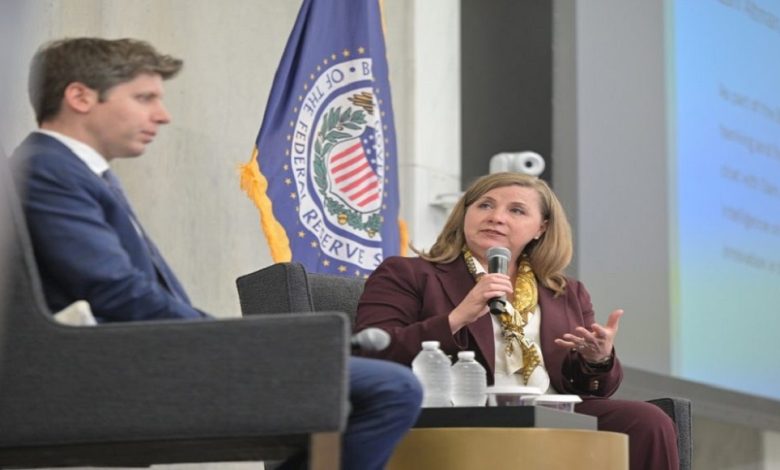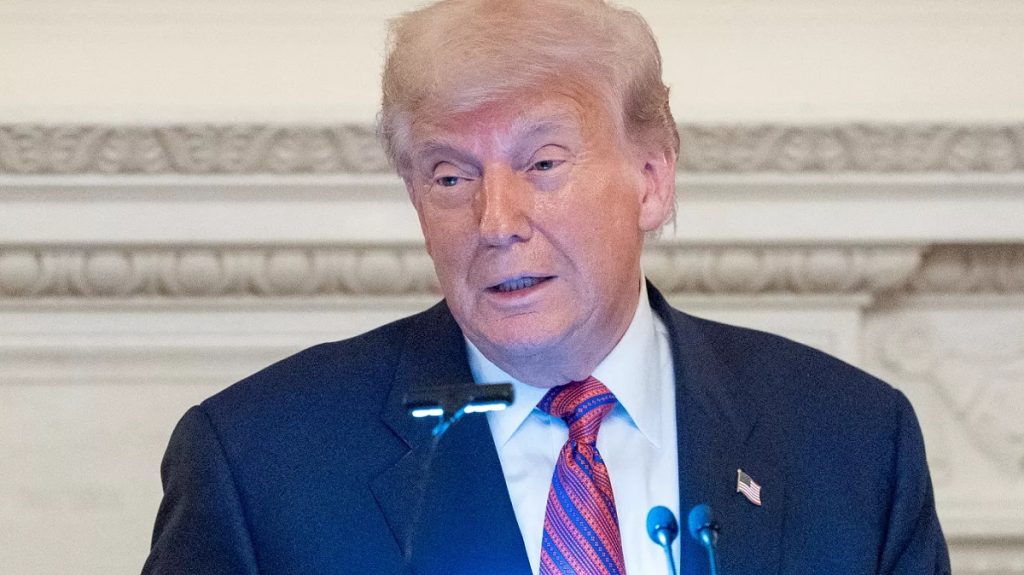Fed Official Michelle Bowman Pushes for Rate Cuts After Weak U.S. Jobs Report
Bowman urges three interest rate cuts in 2025, citing slowing job growth and easing inflation pressures despite concerns over Trump’s tariffs.

A senior Federal Reserve official said this month’s stunningly weak U.S. labor market report strengthens her belief that interest rates should be lower.
Michelle Bowman was one of only two Fed officials who voted in favor of cutting rates a week and a half ago. Such a move could boost the economy by lowering borrowing costs for homes and cars, but it also risks pushing inflation higher.
Bowman and her fellow dissenter lost the vote after nine other Fed policymakers opted to keep rates steady, as has been the case for months. Fed Chair Jerome Powell stressed the need to wait for more data on how President Donald Trump’s tariffs are affecting inflation before taking further steps.
Speaking at a banking conference in Colorado on Saturday, Bowman said, “The latest labor market data reinforces my view” that the Fed should cut rates three times in 2025. Only three Fed meetings remain this year.
The jobs report, released just two days after the Fed’s interest rate decision, showed employers hired far fewer workers than economists had expected. It also revealed that hiring in previous months was significantly weaker than initially estimated.

On inflation, Bowman expressed growing confidence that Trump’s tariffs “will not cause a sustained inflation shock” and expects inflation to move closer to the Fed’s 2% target. Inflation has eased considerably from its post-pandemic peak above 9%, though it remains above 2%.
The Fed’s mission is to maintain a strong labor market while keeping inflation in check — a balancing act that often forces trade-offs. Lowering rates can help jobs but may fuel inflation, while raising rates can slow price growth but harm employment.
Some analysts worry that Trump’s tariffs could trap the Fed in a worst-case “stagflation” scenario, where the economy stagnates while inflation rises. The Fed has no perfect tool for this, meaning it would likely prioritize either jobs or inflation.
On Wall Street, expectations are growing that the Fed will cut rates in September following the disappointing jobs data.
Trump has repeatedly called for lower rates and has personally attacked Powell for resisting his demands. The president recently gained an opportunity to nominate a new member to the Fed’s Board of Governors following the resignation of a Biden appointee.



